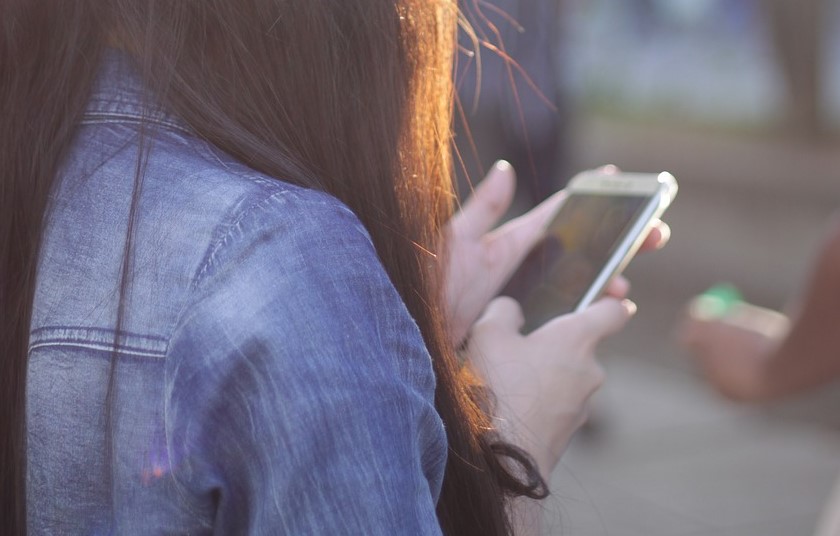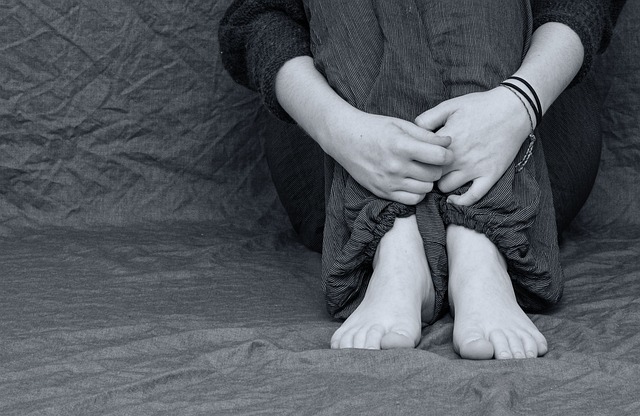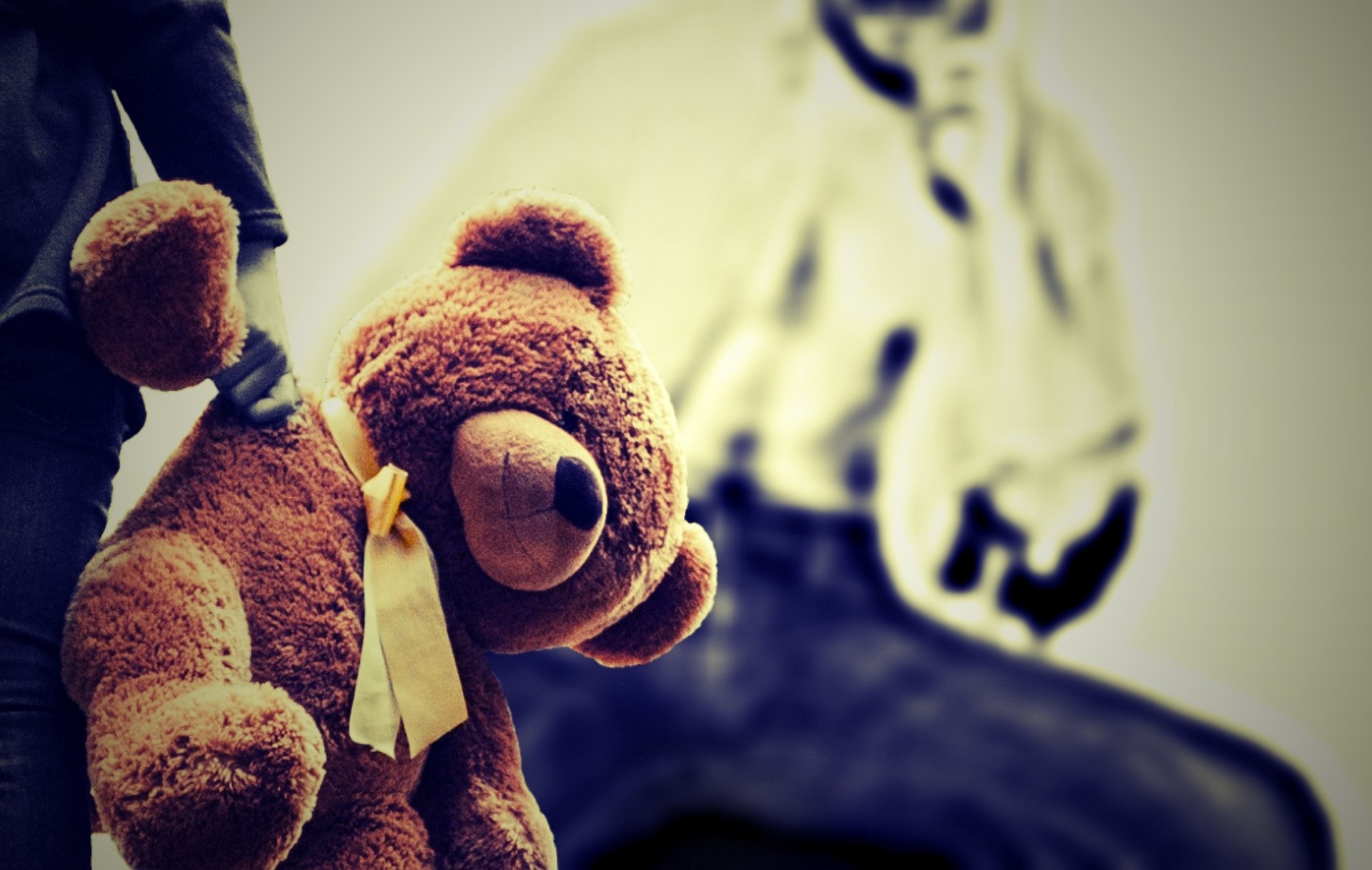Having pets can help teach our children kindness as well as helping to develop their social skills. When introducing a pet to your household, we recommend you have rules to ensure your children and pets can live happily and safely together.
Never leave young children and pets unattended
Your child/children should never be left with a pet unattended, even for the shortest time. Even if you feel your child and pet/s may have got used to each other, there is always a risk
Babies and young children may like to get close to animals to show affection, but this is not how animals show love they may find it frightening and lead to them biting or scratching.
Animals can react unexpectedly
No matter how gentle and well trained your pet might be they still rely on their animal instincts and they can react in unexpected ways when they are frightened or stressed. This can make animals like dogs dangerous and sadly result injury or death in children by family pets.
Treating your pets with respect
Make sure your children understand how to treat your pet with respect and not to push, pull or lay on them, or do anything that may cause your pet distress or harm.
Feeding pets around children
Be mindful when feeding your child around your pet. Always try to feed your child away from your pet and never on the floor with your pet.
Sleeping
Do not allow your pet to sleep with young children in their beds, cots or baskets, this poses a risk of suffocation.
Resources
Find out more information and tips on keeping children safe around dogs or preparing a dog for a new baby:




 Facebook
Facebook X
X Email
Email WhatsApp
WhatsApp Messenger
Messenger